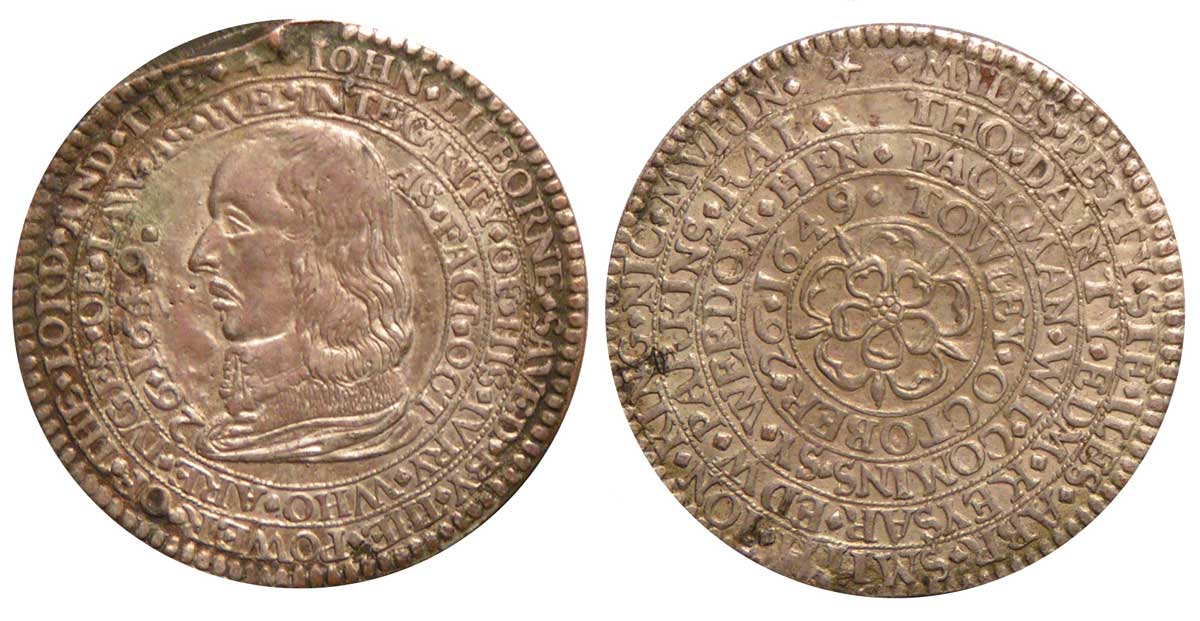Jury Vetting in the Seventeenth Century
Juries are generally believed to be the collective voice of free-born Englishmen, but in the aftermath of Civil War the system was at the centre of debate about the effective governance of England.

Juries are generally believed to be the collective voice of free-born Englishmen, but in the aftermath of Civil War the system was at the centre of debate about the effective governance of England.
